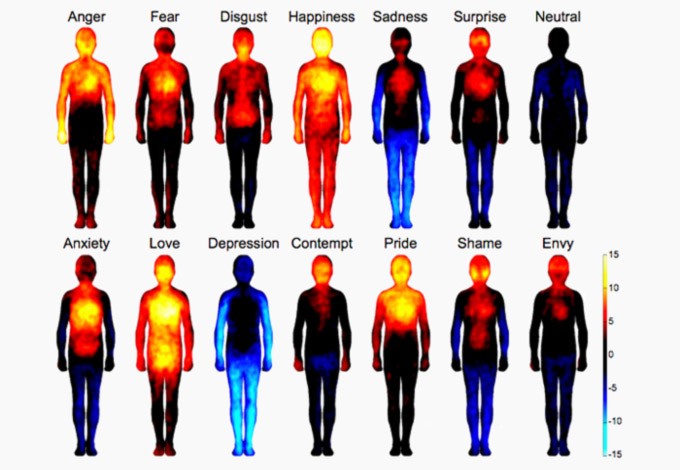American author Robert Fulghum, in his book, “All I Really Need To Know I Learned In Kindergarten,” said:
“In the Solomon Islands in the south Pacific, some villagers practice a unique form of logging. If a tree is too large to be felled with an ax, the natives cut it down by yelling at it. (Can’t lay my hands on the article, but I swear I read it.) Woodsmen with special powers creep up on a tree just at dawn and suddenly scream at it at the top of their lungs. They continue this for thirty days. The tree dies and falls over. The theory is that the hollering kills the spirit of the tree. According to the villagers, it always works.
....
As for people, well, the Solomon Islanders may have a point. Yelling at living things does tend to kill the spirit in them. Sticks and stones may break our bones, but words will break our hearts....” *1
Although the story about Solomon Islands villagers is probably fictional, a long time ago, botanist Jagadish Chandra Bose*2 made a major contribution in the field of biophysics by demonstrating the electrical nature of the conduction of various stimuli in plants, he also hypothesized that plants can "feel pain, understand affection, etc."
But, what about us? How do thought and emotions affect us?
We have 3 minds, for now we think that only one — the brain is conscious, but what if the other two are conscious as well?
 Photo source: "An Atlas Of The Human Body That Maps Where We Feel Emotions" by Jessica Leber *3
Photo source: "An Atlas Of The Human Body That Maps Where We Feel Emotions" by Jessica Leber *3
The gut mind, or the digestive system, has close to 500 million nerve cells and 100 million neurons, which is almost the size of a cat's brain. It exchanges information with the brain by releasing chemicals and by sending electrical signals via the vagus nerve system.
What if those other two minds can think or feel independently?
What if they can sense enough to understand when it is stressed, loved, or hated?
When if saying that the “mind and heart are not aligned” is not just a metaphor?
How many people do you know who hate their bodies from one reason or another? What kind of impact does that have on the body?
We can easily notice large changes of body weight, frequently caused by emotional issues, but what if that impact is reflected all the way to the cellular level?
If people can be badgered or bullied to the breaking point, at which the only thing they want is to end their lives, could your other minds have similar breaking points?
What if improper functioning is the way in which those minds are committing a slow “suicide?”
Your body knows all your secrets, it knows all your lies and tricks, it knows how you feel, it knows when you are working or exercising too much, or obsessively cleaning everything around you. It knows your dreams and what makes you sad and when it is hated. The same body can also kill you.
Isn’t our society the same?
Can it get ill from being bombarded with wrong decisions and bad emotions?
Doesn’t it react equally, knowing when it is loved or hated?
Update (23 May 2016):
UCLA study shows that changing gut bacteria through diet affects brain function
http://newsroom.ucla.edu/releases/changing-gut-bacteria-through-245617
Comments